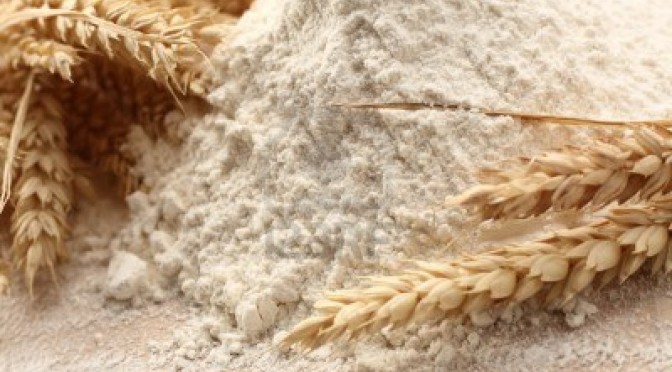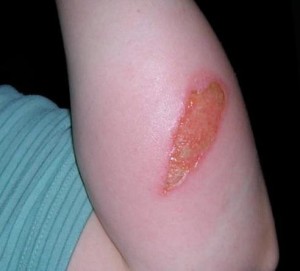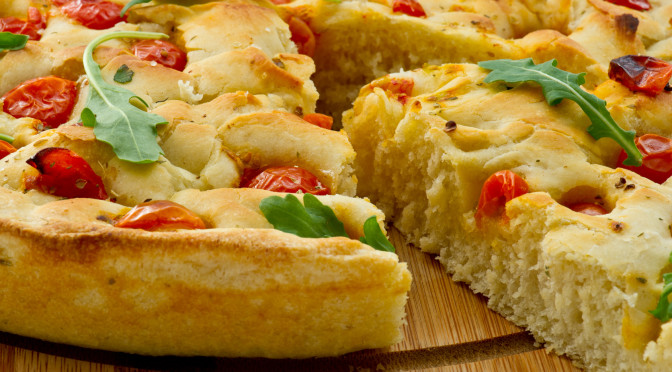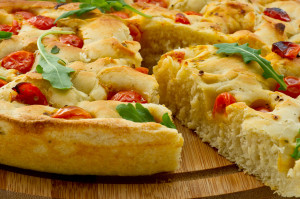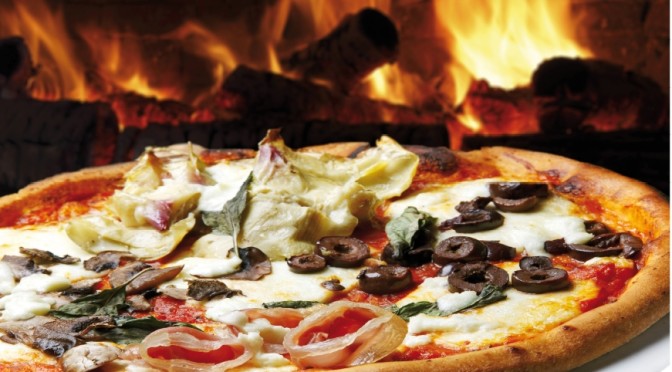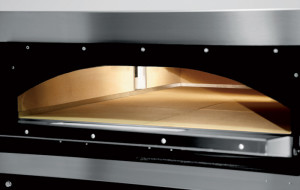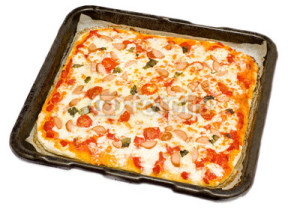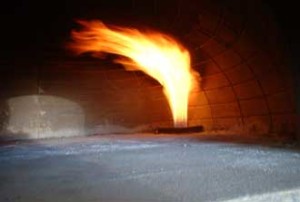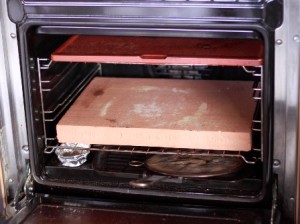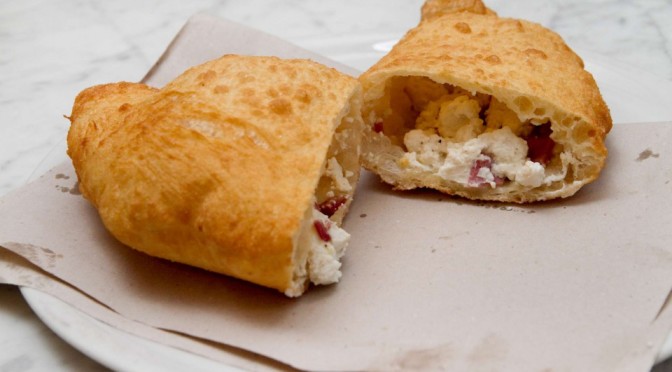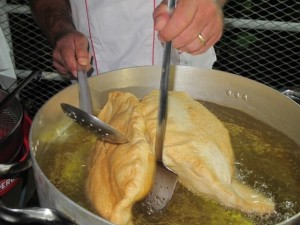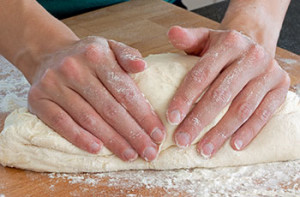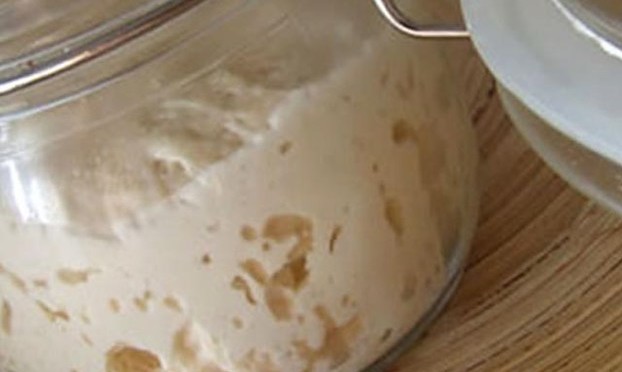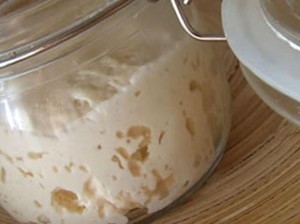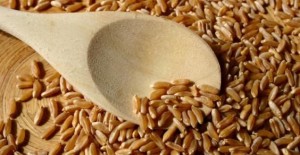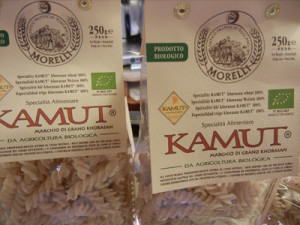Which flour to use for pizza, desserts and homemade pasta?
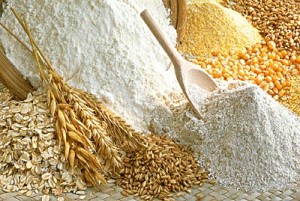
During the preparation of our food we happen very often to ask which flour used to prepare cakes and pizza dough at home. Cooking at home, is back in fashion thanks to the economic crisis! Part of the credit also goes to the many television programs in cooking and culinary books on the market.
Which flour to use for pizza, desserts and homemade pasta?
As we all already know, the pizza dough can be soft, soft, friable or spongy: these characteristics vary essentially depending on the type of flour used, or, rather, from the mixture of flour.
The pizzas, focaccia, and bakery specialties typically, may appear in a different way according to their own choice of flour for processing. Indeed, besides water, oil, salt and the yeast we use to the dough, the flour is in fact a star ingredient in the preparation of pizza.
Do not underestimate that the leavening, l'ambiente, the oven temperature and the type of cooking are factors that weigh heavily on the success of the final product.
Flour type 00, 0, 1 and 2
As we all know, from the milling of durum wheat semolina and you get the caster; instead, when we grind the wheat, we have as final product a white flour, particularly suitable for the preparation of bread and cakes. The white flour differs depending on the degree of sifting is that the machining process consisting in the separation of the flour from the bran.
- White flour type 00: capable of sifting equal to 50% (ideal for batters and cakes)
- White flour type 0: capable of sifting equal to 72% that there be an excellent product for bread, pizza, buns and many other leavened products.
- Flour type 1: capable of sifting of 80%
- Flour type 2: capable of sifting of 85%
- Fine flour: which is a very fine powder of wheat, which is obtained from the innermost part of the grain and soft. Flour that is used in the production of confectionery, qualitatively superior in terms of gluten.
- Wholemeal flour: after his grinding, This flour does not undergo further refining processes. And 'itself a great alternative to flour 0, in the preparation of doughs rustic, but also has properties to satiate and regularize our intestines, thanks to the great amount of fibers contained in it.
The choice of flour.
All this introduction I think it is essential to have a general idea about the various ITPI flour commercially. Generally, the mixture which prepare for the pizza, is made from different mixtures of flour type 0 and 00 to which should be added to the water, salt, yeast and any fat or oil. For all those who want to obtain a rustic, want to add a piece of whole wheat flour, paying close attention to rising times, that for wholemeal flour turn out to be much longer than the doughs with white flours.
Our pizza will be of higher quality when we're going to use flour made from organic products, which have not been treated with pesticides or other chemicals. This consideration also applies to all other foods that we commonly use in our homes or in the workplace.
| Summary: | ||
| Flour for pizza | Ingredient for the production of pizzas, depending on the flour used you will get a soft dough, soft, friable or spongy | |
| Types of flour | Type of flour White flour type 00 White flour type 0 (ideal for pizzas) Flour type 1 Flour type 2 Fine flour: (ideal for sweet pastry) Wholemeal flour (regulates the intestine and satisfies) |
Degree of sifting 50% 72% 80% 85% |
| The choice of flour for pizza | There is no single type of flour for the preparation of pizzas. There are mixtures characterized by:
|
|
| Flour for pizza and celiac disease | Absolute prohibition of consuming pizzas mixed with wheat flour (for coeliacs). Possible mixtures with certified gluten-free flours | |
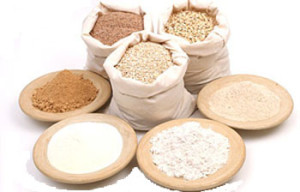
For information on the nutritional values of flour, Refer to the wikipedia page:http://it.wikipedia.org/wiki/Farina
[RICH_REVIEWS_SNIPPET] Rate & review